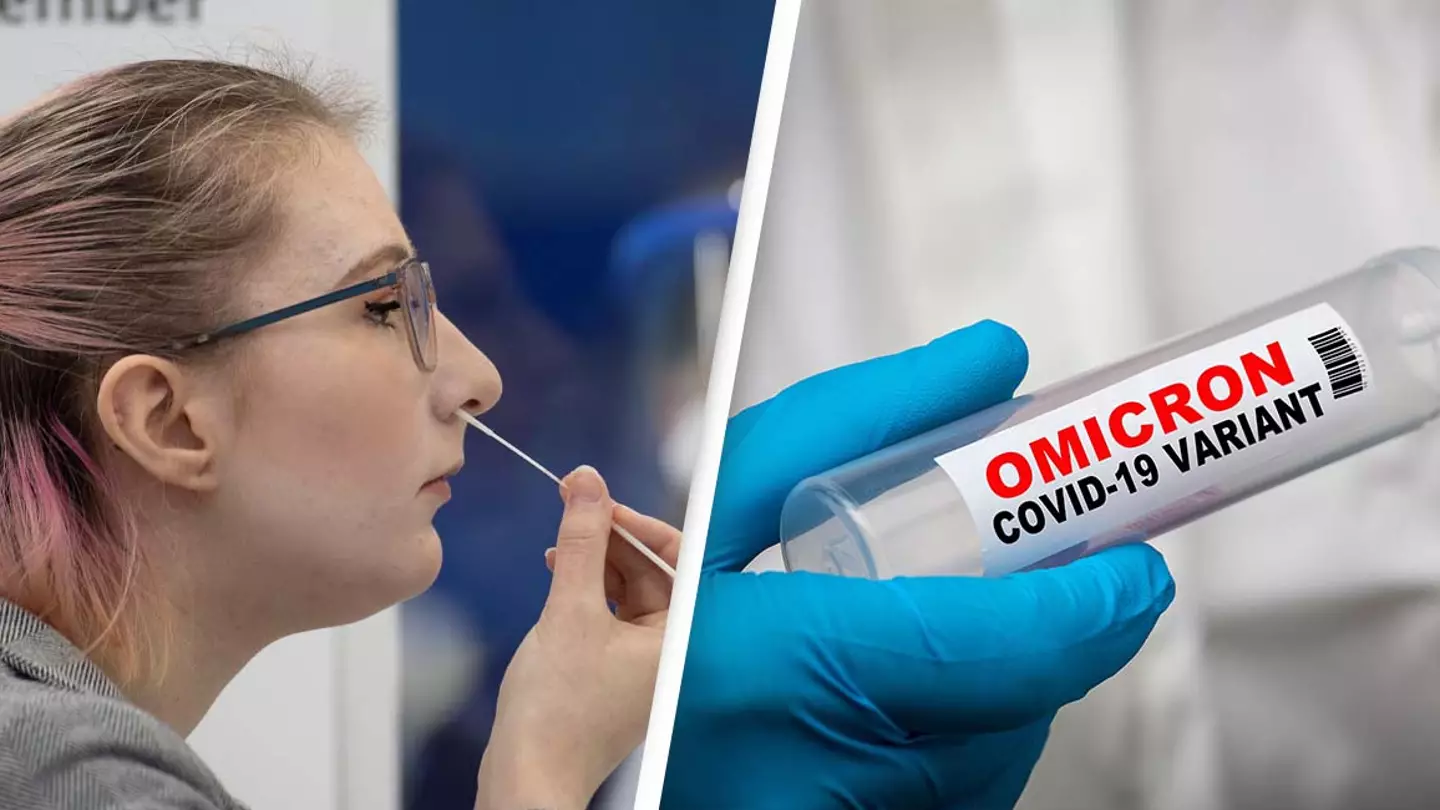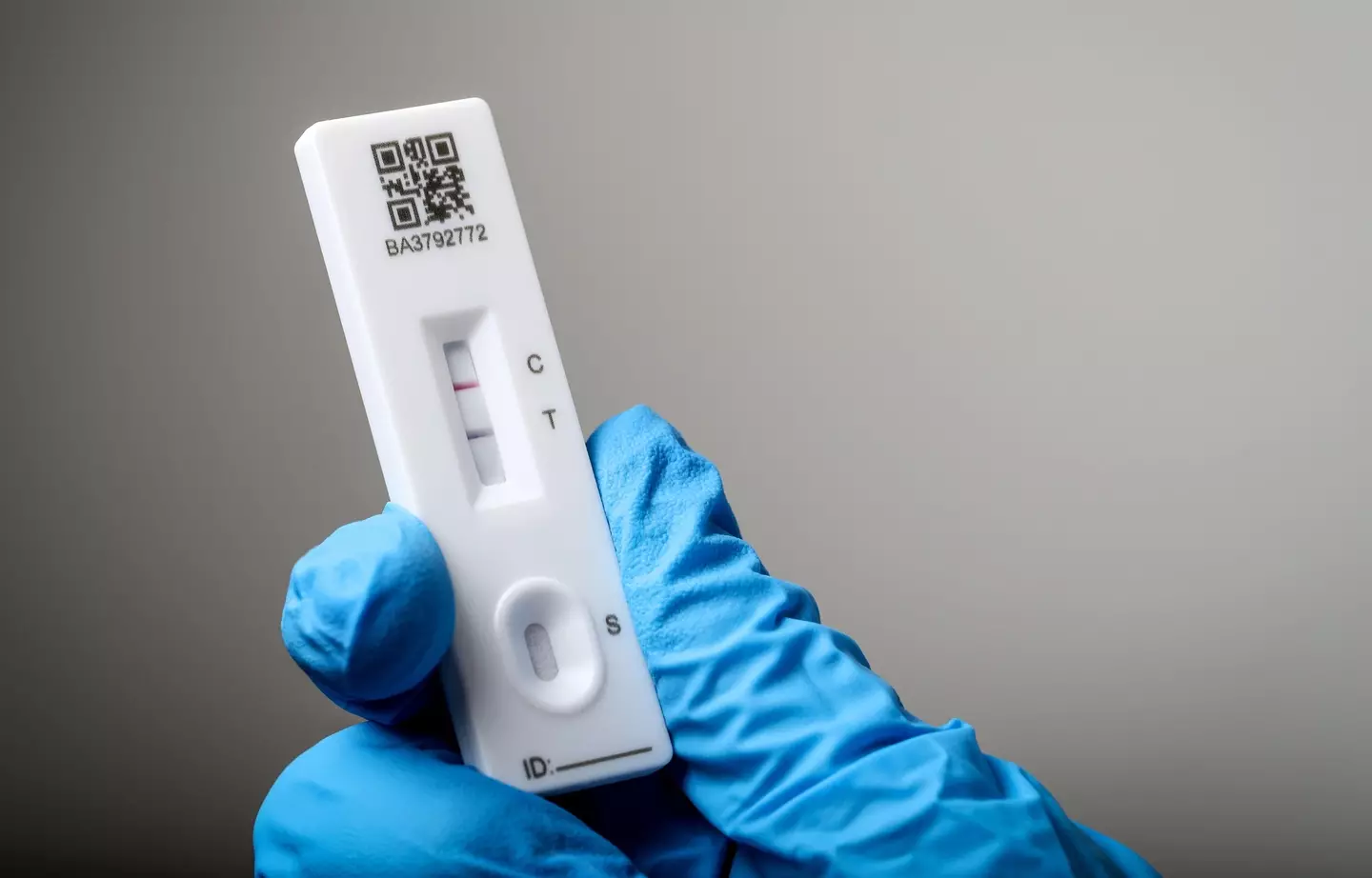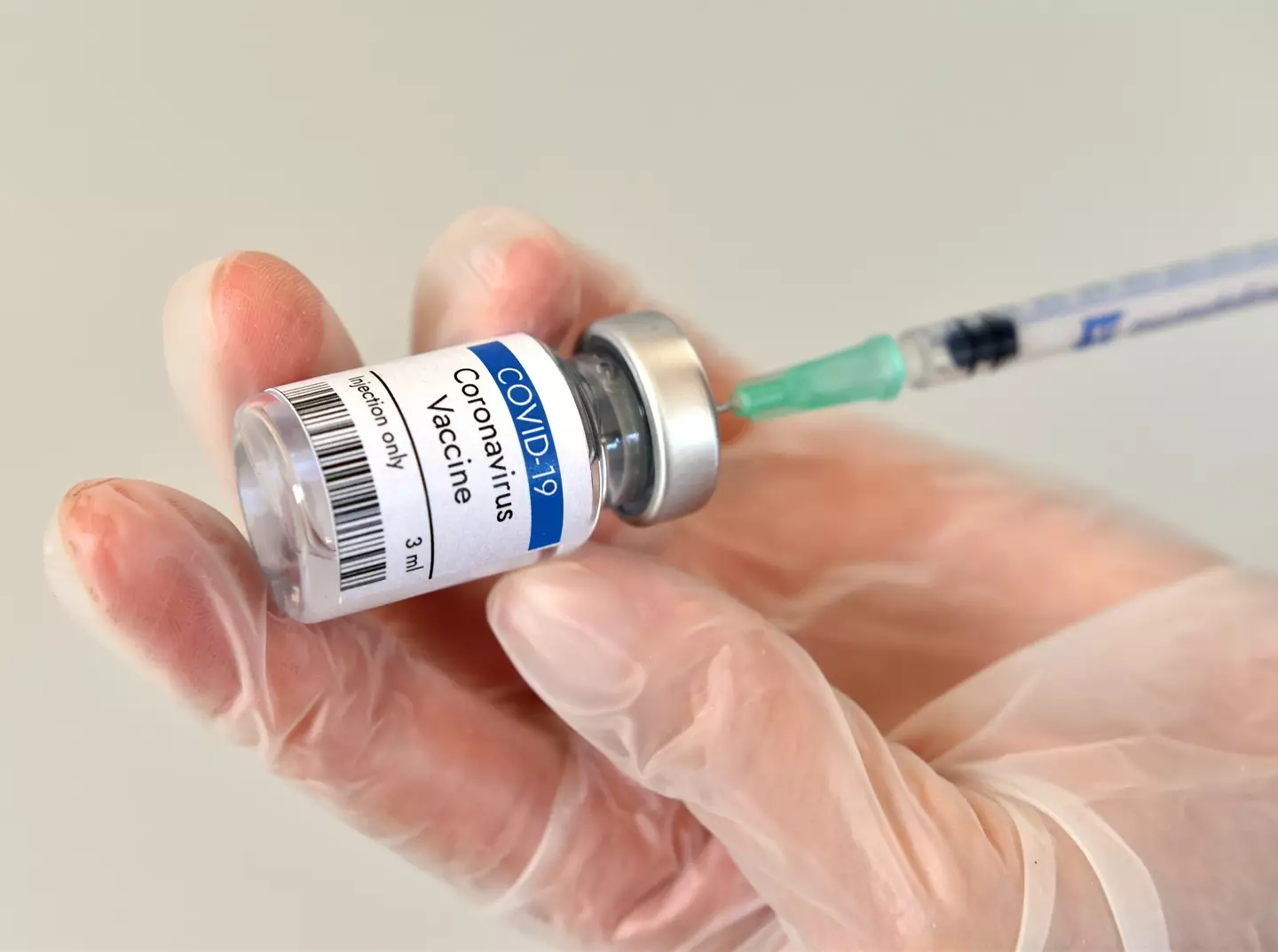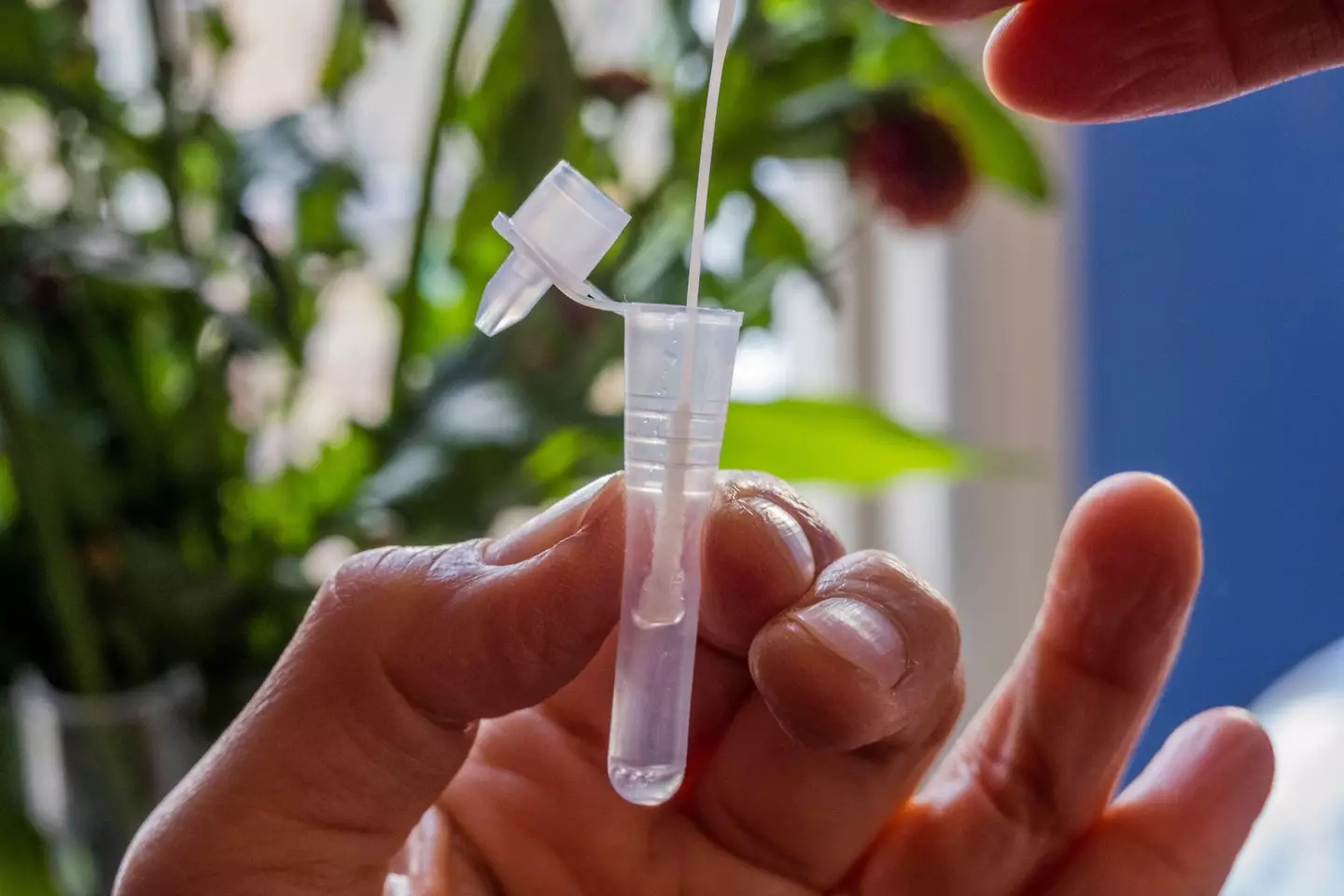
A doctor has warned of people 'playing with fire' by trying to purposely catch Omicron to gain immunity against the variant.
It probably goes without saying that trying to infect yourself with a virus isn't exactly a good idea, but with the Omicron Covid variant still very much prevalent across the globe, it seems some experts are worried about the lengths people will go to try and develop immunity.
According to Dr. Robert Murphy, executive director of the Havey Institute for Global Health, the idea of catching the virus to essentially 'just get it over with' has 'caught on like wildfire'.

Advert
'It's widespread, coming from all types of people, the vaccinated and boosted and the anti-vaxxers,' he told CNN earlier this month.
If the thought has crossed your mind at any point, there are a few reasons why it's a terrible idea, according to the experts.
Despite reports that Omicron causes less severe symptoms in those who are vaccinated, Dr. Nicole Van Groningen, who's treated Covid patients at Cedars-Sinai in Los Angeles, says there's still 'no guarantee you'll have a mild case'.
'Some people still get really sick and need to come to the hospital. Others feel really miserable at home. Some patients say it's worse than the worst flu they ever had,' she explained, as per US News.

By purposely trying to catch the virus, you also put other at risk who could become extremely ill if infected. 'You might be young, otherwise healthy and do fine,' echoed Dr. Catherine Le, an infectious disease expert and co-director of the Cedars-Sinai COVID-19 Recovery Program.
'But let's say you don't know exactly when you got COVID-19 or when you became infectious, and you give it to someone in your family or the community who is at risk for a bad outcome. It's very hard to control,' she explained, urging people to get vaccinated if they're seeking immunity.
Another risk highlighted by experts is the chance of developing complications as a result of the virus, including 'long Covid', which Dr Le says 'a wide variety of people' can get.

Dr. Ashish Jha, dean of Brown University's School of Public Health, echoed these concerns, pointing out that if you did become seriously unwell by trying to infect yourself on purpose, you put a strain on the healthcare system that is 'not just designed to take care of people with Covid'.
'All of that is going to be much, much more difficult because we have a large proportion of the population that is not vaccinated, plenty of high-risk people who are not boosted,' he added.
Omicron is now the most dominant strain of Covid in the UK, with symptoms that include fatigue, muscle or body aches, headache and a runny nose, as well as the usual COVID symptoms such as a continuous cough, fever and a loss of taste and smell.
The majority of cases can be managed at home, but NHS guidance stipulates those who have difficulty breathing, lost their appetite, feel very weak or achy or are shaking/shivering to seek advice from NHS 111 or your GP.
If you’ve been affected by coronavirus and want up to date advice, visit the Gov.uk help page here. If you need medical help call NHS 111 or visit online
Topics: Coronavirus, Omicron, World News, Now